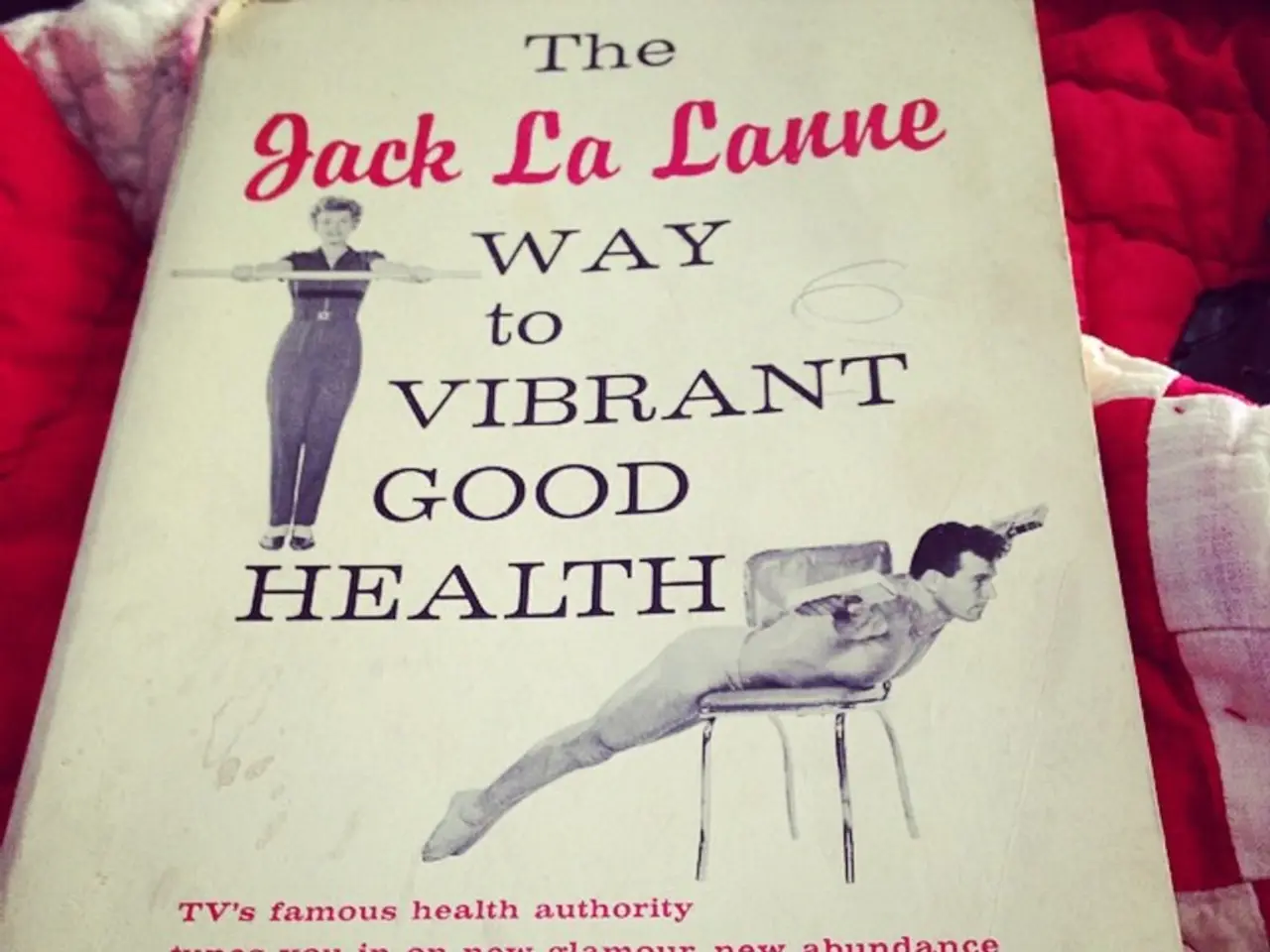Practical Methods for Calming Adults with ADHD: Discover Tranquility and Concentration
For adults living with Attention Deficit Hyperactivity Disorder (ADHD), managing symptoms can often feel like an uphill battle. However, a combination of practical techniques has proven effective in enhancing relaxation, focus, and mood.
Firstly, mindfulness and breathing exercises play a significant role in promoting relaxation and emotional regulation. Mindfulness meditation, guided by apps like Headspace or Calm, helps reduce impulsivity and improves emotional regulation by fostering mental clarity and calm. Deep breathing exercises, such as diaphragmatic or abdominal breathing, promote relaxation by lowering stress and improving focus. Progressive muscle relaxation, a technique that involves systematically tensing and relaxing muscle groups, can effectively reduce tension and increase present-moment awareness.
Regular physical activity also plays a crucial role in managing ADHD symptoms. Aim for at least 30 minutes of aerobic exercise most days, or 150 minutes a week, to see significant improvements in focus, mood, and executive functioning. Choose enjoyable activities and mix cardio, strength, and flexibility exercises to sustain motivation and create a balanced routine.
Establishing a daily structured routine and organizing one’s physical environment are also essential for reducing overwhelm and enhancing predictability, which supports focus and symptom management.
Cognitive-behavioral therapy (CBT) and professional guidance can complement these practices by providing tailored tools for managing ADHD and reinforcing relaxation and focus techniques. Ensuring adequate sleep, balanced nutrition, and managing anxiety alongside ADHD with relaxation practices supports overall brain health and symptom control.
Incorporating breathing exercises, physical activities, creating a calming environment, mindfulness practices, cognitive strategies, and establishing reliable routines into daily life can lead to improved concentration and emotional regulation for adults with ADHD. Building resilience and coping skills is essential for adults with ADHD, as it enables them to better manage stress, regulate emotions, and navigate challenges.
Seeking social support and professional help can provide valuable resources for managing ADHD symptoms and improving overall well-being. Engaging in activities that bring joy and help release pent-up energy can improve mood and reduce stress. Practicing relaxation techniques, such as progressive muscle relaxation or guided meditation, can help calm the nervous system and reduce anxiety.
Building mastery improves mood, emotional management, and self-worth by engaging in activities that develop skills and expertise. Time management strategies are crucial for fitting morning and evening routines into a busy schedule. Improving focus and attention is a common challenge for adults with ADHD, requiring a multifaceted approach.
Establishing reliable routines is crucial for managing ADHD symptoms, offering predictability and stability. Incorporating cognitive restructuring, neurodiversity-affirming therapy, executive function coaching, and self-monitoring techniques can further support adults with ADHD in managing their unique symptoms effectively.
- Mindfulness meditation, available through apps like Headspace or Calm, helps adults with ADHD reduce impulsivity and improve emotional regulation by fostering mental clarity and calm.
- A balanced fitness routine that includes at least 30 minutes of aerobic exercise most days can lead to significant improvements in focus, mood, and executive functioning for those with ADHD.
- Cultivating resilience and coping skills is essential for adults with ADHD, as it enables them to better manage stress, regulate emotions, and navigate challenges.
- Adopting time management strategies like those for fitting morning and evening routines into a busy schedule can help adults with ADHD improve their focus and attention.
- Engaging in health-and-wellness activities such as yoga or Pilates, often included in fitness-and-exercise programs, can improve overall mental health and contribute to personal growth for adults with ADHD.




